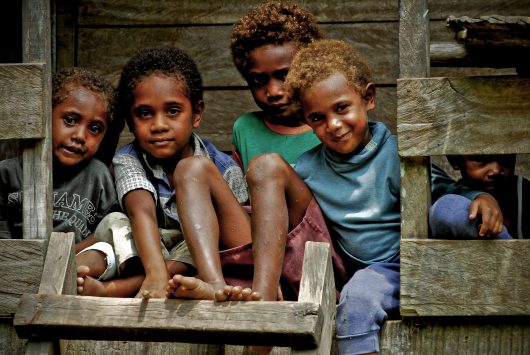I think it’s more economic snobbery as opposed to the colour of their skin
places like Perth have nice buildings etc
png doesn’t fit their idea of what the nrl should look like even if it’s their national sport
I'm against the proposal because it has zero chance of succeeding and will damage the NRL brand.
No player is going to relocate their family to Port Moresby when they can live safely on a large property in Brisbane or Sydney.
How many players, wives and girlfriends (plus their children) will agree to be confined to a compound in the second most dangerous country on the planet?
That rules out NRL standard players to build a team around. Without NRL standard players there's no way the team can be competitive. Cowboys won just two games in 1995 with a weak squad.
Viewership for PNG's games will be abysmal if they're getting smashed by 50 points every week. Fielding an uncompetitive team will devalue the worth of the 9th game and impact future broadcast deals. Cowboys didn't have a game broadcast in Sydney on Ch9 until 2004 because they were a basket case between 1995-03.
Here's some more crucial information that shows just how much work needs to be done in PNG to make it ready for an NRL team.
Papua New Guinea’s population of 7.5 million is young and growing. The country has an abundance of natural resources and geographic proximity to rapidly growing Asian markets. Its population is strikingly diverse, speaking over 800 languages.
The country's economy remains dominated by two sectors: the agricultural, forestry and fishing sector, which engages most of the labour force; and the minerals and energy extraction sector, which accounts for the majority of export earnings and GDP.
Despite recent strong economic growth,
over 3 million people live below the national poverty line, mostly in rural areas. Young people in particular face limited opportunities in rural areas, where many have never acquired any formal education. Inequality remains high in Papua New Guinea; an estimated 20 per cent of the population earns 80 per cent of total income. A large majority of the population (87 per cent) is rural and dependent mainly on semi-subsistence agriculture.
Agriculture accounts for approximately a third of GDP and employs 80 per cent of the working population. The sector is dominated by smallholder farming systems.
Coffee and cocoa are the main cash crops, employing half of the total labour force. The cost and availability of modern inputs and technologies, lack of irrigation and poor access to support services all contribute to low yields. The World Bank has estimated that coffee yields are reduced by 30 to 50 per cent because of a lack of support services and efficient farming techniques. Logistical costs are high due to the poor transport network and lack of market organization and market information, discouraging small farmers.
Agricultural development is hampered by weather extremes and hazards related to climate change. Most recently, this has included frost brought by El Niño, affecting one third of the population. As a result, more than one million people face serious food insecurity in vulnerable parts of the highlands and lowlands.
The road system in PNG is terrible due to the terrain and poverty. Major cities like Port Moresby and Lae aren't connected via road.






